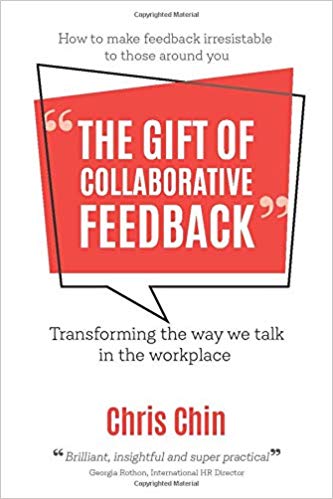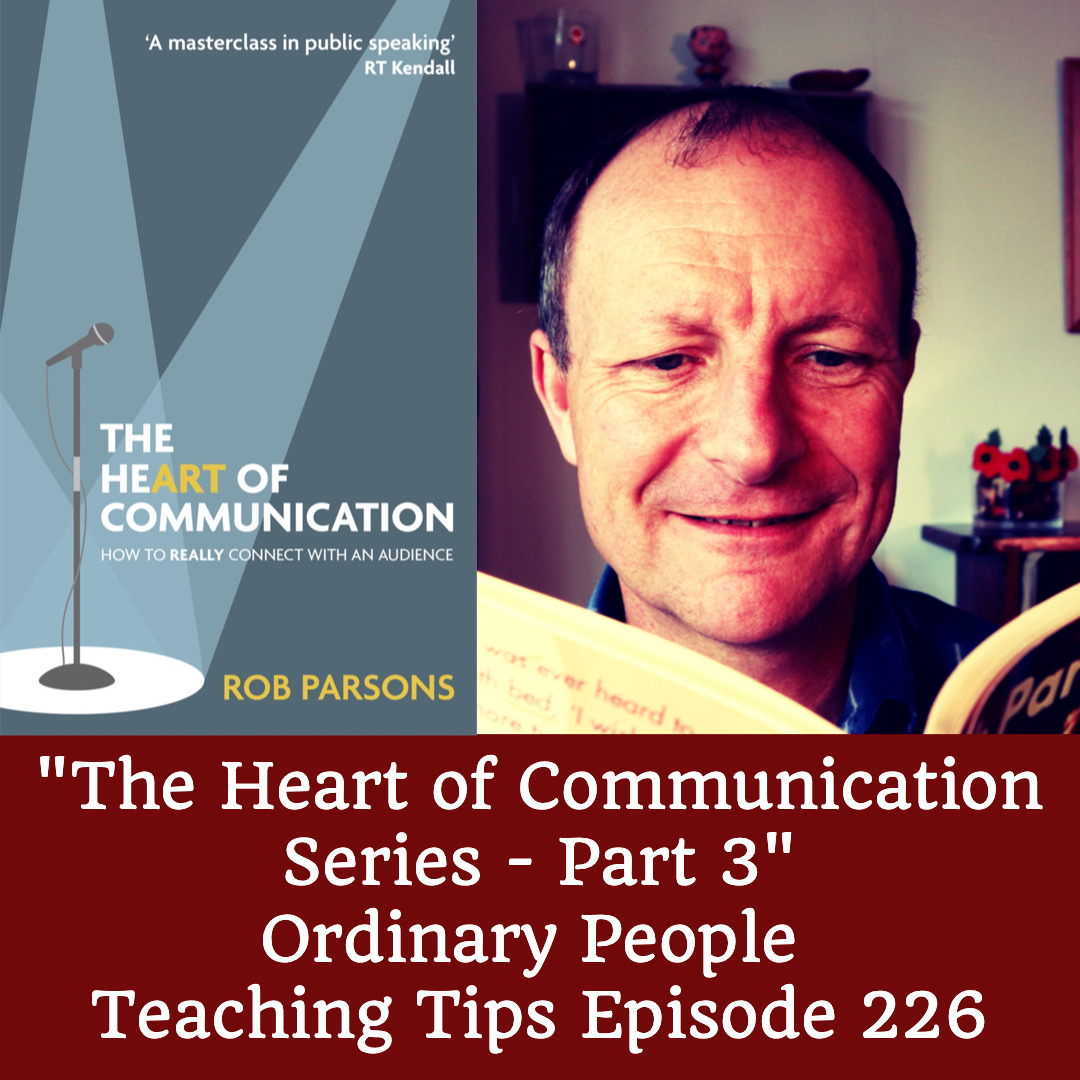
“How to make feedback irresistible to those around you”
Chris Chin
Book notes and review
A valuable p.r.e.s.e.n.t. for all who would thrive.
I heard about this new book by Chris Chin whilst listening to him being interviewed on a podcast from my friend, Toye Oshunbiyi. I was intrigued by what he said about feedback.
As soon as the podcast was over I rang Chris and asked him a couple of questions about his model and its application. He answered my questions and demonstrated the relevance of his feedback model for my situation. Subsequently I opened the Amazon app and ordered the book.
The value of feedback is incontestable. No feedback, no growth. At least, not much of it. And even that growth will tend to be random and minimal.
However, whilst we have all, hopefully, benefited from healthy feedback, the other kind (unhealthy, agenda-driven, anger-fuelled, unskilful, inaccurate, uncalled for, unexpected, inappropriate, aggressive, vague) is all too common. We need Chris’ experience, insights and model.
Rather than present a summary of the book, I’ll share my key learnings. The point which struck me with relevance to my particular situation at this point in my life.
In regard to that, I should say that my role in one of the churches I serve has shifted from being someone who does some training but also takes part in a large proportion of the events to being someone who focuses on coaching, training and mentoring. I need feedback, but, more than ever, I find myself needing to give helpful feedback to a much larger number of people than ever before.
It’s clear to me that my effectiveness in being a blessing to those I serve is directly dependent on, amongst other things, the quality of my feedback.
With that in mind, here is my key takeaway from Chris’ very helpful book. It comes from chapter 4, “The PRESENT model of collaborative feedback”.
In that chapter he reveals his framework for feedback summarised as – P.R.E.S.E.N.T.
- Prepare feedback
- Revisit outcome
- Emotional state
- See/hear behaviours
- Expose thinking
- Narrative is only ever mine
- Two-way conversation
Of the seven step process, point 6 was the one which stood out. It is vital that I am aware that my perspective on the feedback is only one side of the story. Not only that, but feedback will more likely be healthily delivered and received if I take the trouble to communicate that I understand this is just my personal perspective.
As Chris says,
“…when people utilise this principle…It stops the other person from feeling patronised; it removes you from a possible pedestal, as you acknowledge your own limitations, and ultimately builds safety.” (Page 112)
I plan to use more phrases like, “This is just the way I see it but…” when I offer the gift of feedback in the future.
If you have a role which requires offering feedback to other people, this book could be a great help to you. It doesn’t matter whether that’s a formal role or an informal one. The principles apply in the business sector, the volunteer arena, and the household.
Many thanks to Chris for giving us very valuable tools.
Malcolm Cox
November 2019

